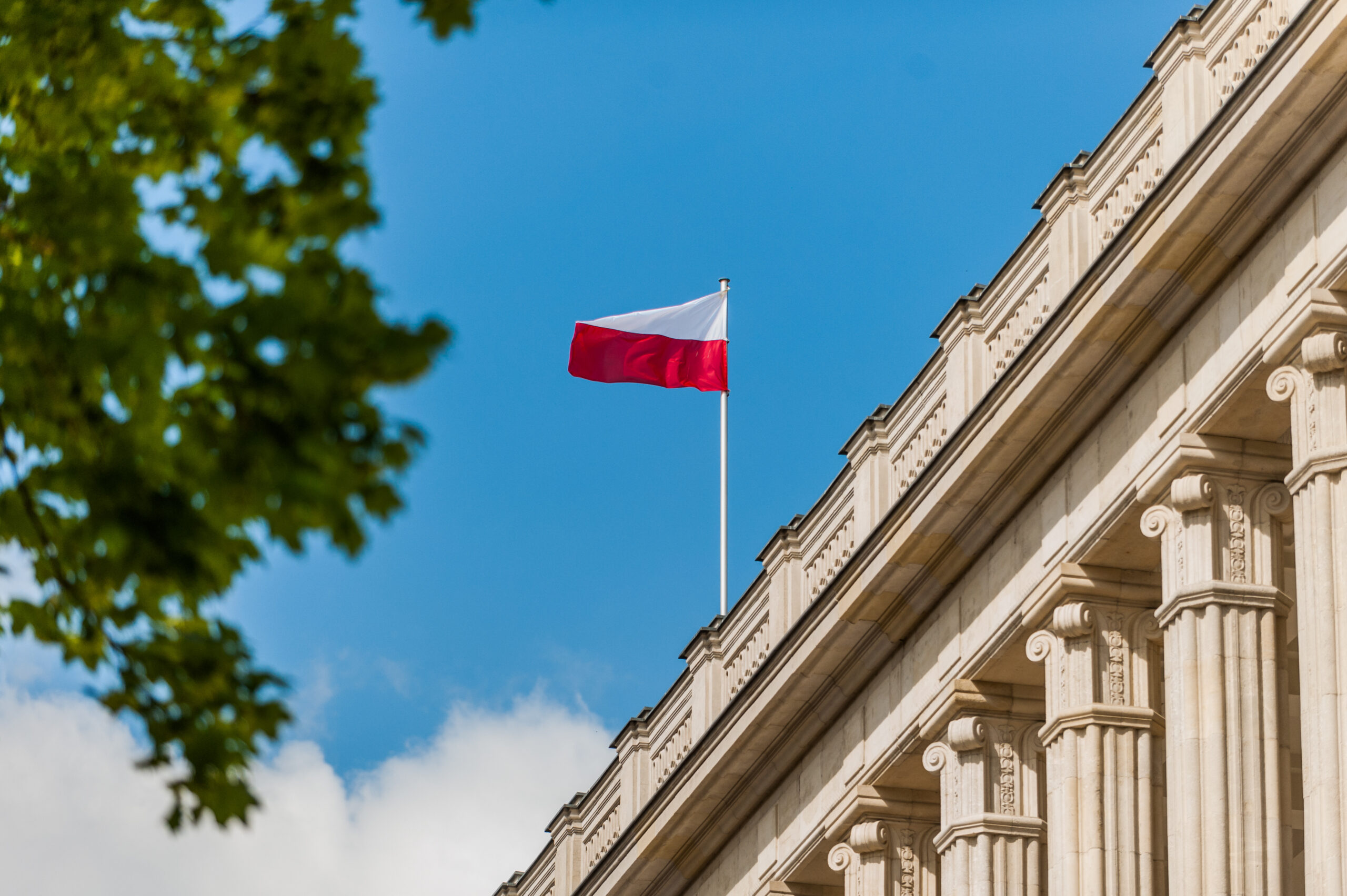Polish citizenship by descent, also known as jus sanguinis, can be claimed if you can prove that you have Polish ancestry and meet certain eligibility criteria. During the assessment process it is important to first establish that your Polish ancestor was a Polish citizen and that he or she passed Polish citizenship to his or her descendants including you. Here is the list of general steps to confirm your Polish citizenship by descent:
1. Gather Information:
Try to get as many details about your Polish ancestors such as their names, dates and places of births and marriages. Speak to your family members as you would be surprised how much they may know and remember. It is also important to establish when your Polish ancestors left Poland or what used to be Polish territory (for instance part of current Ukraine, Belarus or Lithuania). Poland only got back its independence in 1918 and Polish citizenship law was introduced in 1920. Polish citizenship was granted to those who resided on Polish territory when Polish citizenship law came into force in 1920 but it is necessary to locate legal evidence issued by the Polish Government proving the fact that your Polish ancestors became Polish citizens formally and legally.
2. Gather documentation:
Collect all relevant documents that establish your Polish ancestry and confirm Polish citizenship of your ancestor. This may include birth certificates, marriage certificates, death certificates, and other official records such as Polish army records, expired Polish ids or passports.
3. Prove Lineage:
You will need to prove a direct bloodline connection to a Polish ancestor. This could be a parent, grandparent, or even a great-grandparent who was a Polish citizen at the time of your ancestor’s birth. The more documentation you have connecting you to your Polish ancestor, the stronger your case will be.
4. Check for Changes in Citizenship Laws:
Poland has changed its citizenship laws over the years. Ensure that your ancestor’s circumstances align with the citizenship laws of the time. It’s essential to understand the historical context, as the requirements for citizenship may vary depending on when your ancestor was born and left Poland.
5. Obtain Polish Documents:
If you have the necessary documents, you may need to obtain Polish civil documents, such as birth or marriage certificates, for your Polish ancestor. These can often be obtained from Polish archives or government agencies. Please keep in mind you will need to appoint a proxy in Poland and provide a Polish address for postage. If you don’t have any documents or records, that could be used towards your Polish citizenship confirmation, consider research in Poland focusing on finding evidence proving your Polish citizenship and needed to support your Polish citizenship by descent claim.
6. Consult your case with Polish Citizenship Experts:
If you need any guidance or assistance with your Polish citizenship application, reach out to our Polish citizenship specialists who have knowledge and experience. Contact us for a free consultation via our Contact Form. You can also consult your case with the nearest Polish consulate or embassy in your country. On their websites you can find information on the necessary documentation and steps to take.
7. Apply for Polish Citizenship:
Once you have gathered all the required documents and confirmed your eligibility, you can apply for Polish citizenship through the relevant authorities, usually the Polish consulate or embassy in your country. If you appoint a representative in Poland, your case will be lodged directly with the Polish Government e.g. Masovian Voivodeship Office in Warsaw.
8. Complete Necessary Forms:
If you decide to prepare your application by yourself, you will need to fill out citizenship application forms, which can be obtained from the Polish consulate or embassy. Ensure that you provide accurate and complete information. Apart from your Polish citizenship application you also need to register your birth in Poland and marriage in case you are married.
9. Wait for Processing:
The processing time for a Polish citizenship application can vary depending on your circumstances and the consulate’s workload. Be patient during this period. In some cases, you may be required to provide additional information to support your application. Follow any instructions provided by the authorities. You will be notified via the official governmental correspondence in case you need to supply anything in addition.
10. Await a Decision:
Once your application is submitted, you will need to wait for a decision. If your application is approved, you will be granted Polish citizenship. Once you receive your Polish citizenship confirmation along with original duplicates of your Polish vital records, the next step for you would be to apply for your Polish passport. You can lodge your Polish passport application at the nearest Polish Consulate General. Please note you need to appear in person as the Polish passport is biometric and you are required to leave your fingerprints. Consular staff will apply for a PESEL number on your behalf, it will be assigned to you and printed on a photo page of your Polish passport.
If you need help, we are here to support you:
The process of Polish citizenship confirmation can be complex, so having accurate and complete documentation is crucial. If you are not sure if the evidence you have is enough, please contact us for a free consultation. Our friendly Polish Citizenship Experts will assess your situation and case and advise on the best next steps for you. If you are interested in our services, we will be able to issue you a non-obligatory quote for our assistance.
We also offer research services in case you don’t have any or enough evidence. What we do, we take care of your application from the very beginning till the very end, until you hold your Polish passport in your hand.
Check if you qualify and contact us for a FREE consultation of your case. You can fill in our Contact form on our website, send us an email at contact@fivetoeurope.com or give us a call phone / WhatsApp / Signal + 48 509 374 209


